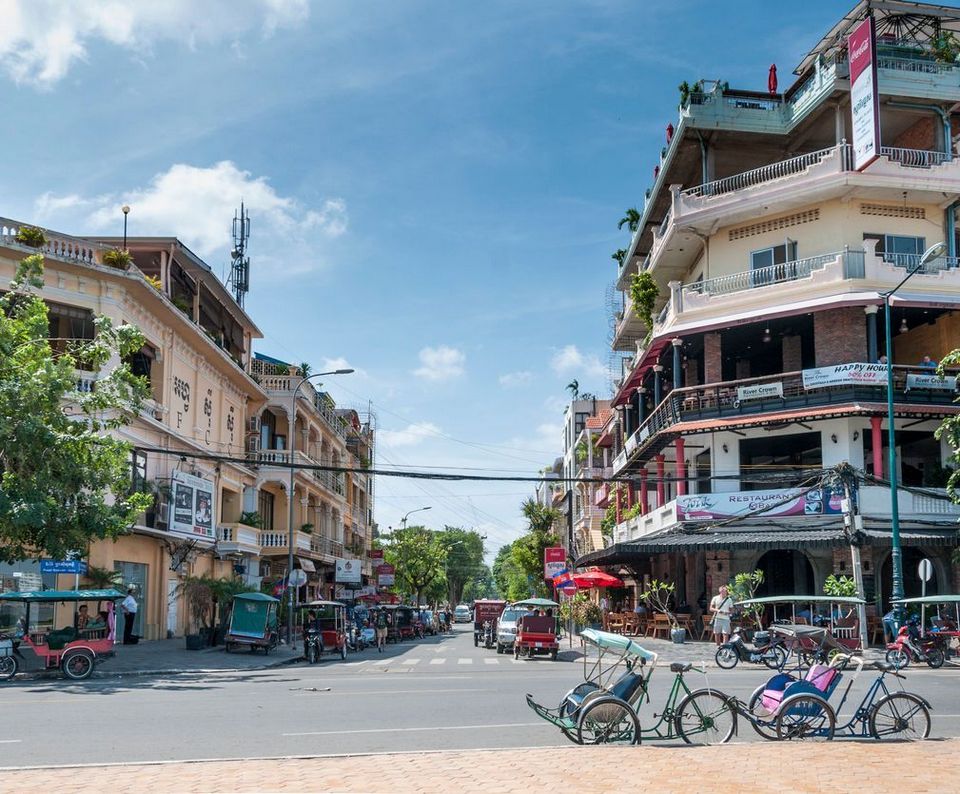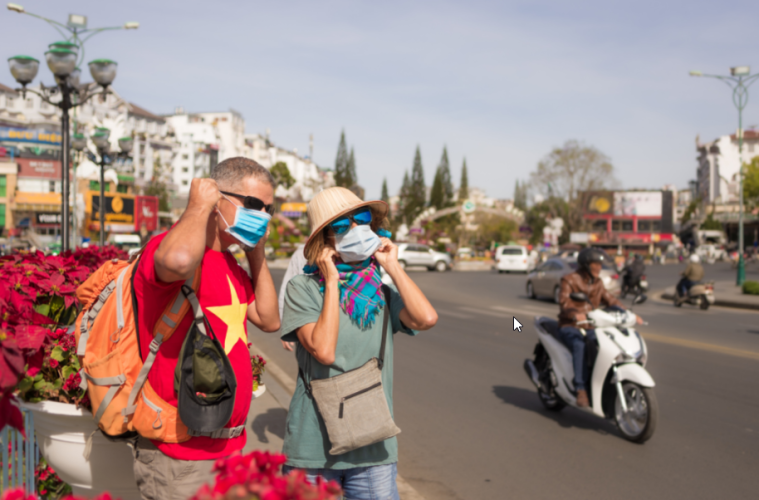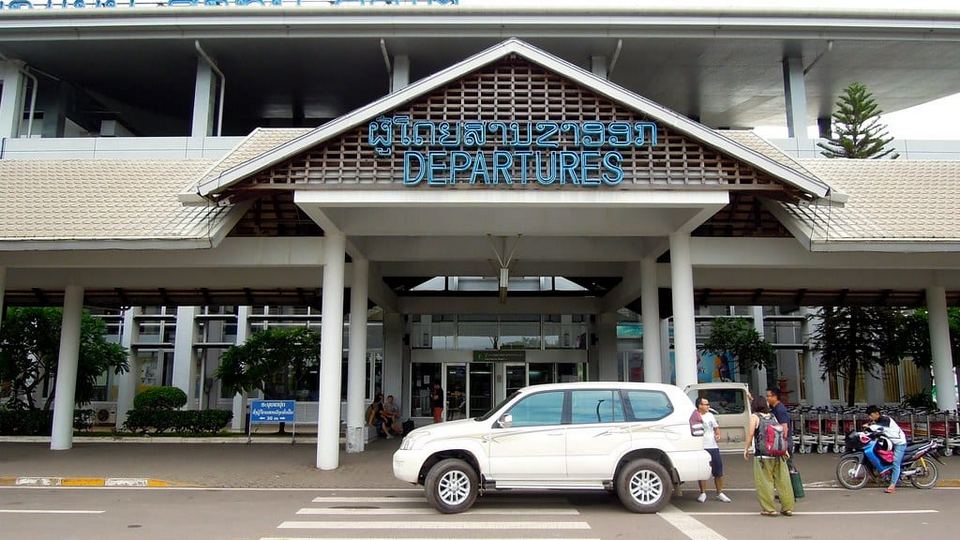
The Thai government daily is coming under sustained pressure to liberalize immigration restrictions on foreigners wanting to visit the country. Business owners in Pattaya and Phuket, tourism pressure groups and spokespersons for hotel chains are united in demanding the immediate start of travel bubbles with suitable partner countries and the shortening (or even the abolition) of quarantine requirements. And the government often responds sympathetically. Just this week the secretary of Thailand’s National Security Council, General Nattaphon Nakphanich, said he was discussing with the Ministry of Foreign Affairs “more convenience” to potential foreign travellers over visa issues.
However, the situation in nearby countries is very different with very few foreigners, and no tourists, allowed to land at airports. All land borders between Thailand and her neighbors remain closed to foreigners except for very limited exceptions for certain guest workers seeking employment in Thailand after compulsory quarantine. Cambodia in recent days has actually stiffened immigration regulations by abolishing the so-called sponsorship scheme under which business people and experts had been allowed to self-quarantine at a place of their choice. Starting this month, all foreigners must quarantine for 14 days at a government-registered facility. They are not five star hotels.

Cambodia, which is just as dependent on foreign tourism as Thailand, also has a complex permission system from its embassies worldwide. No tourist visas are granted and visas on arrival were suspended last March. Business visas are possible but a deposit of US$2,000 is required to cover testing and quarantine costs, whilst medical insurance of at least US$50,000 is also needed along with Covid-19 tests prior to departure. Locals in the tourist town of Siem Reap say most restaurants and bars are now closed and the once-vibrant Angkor Wat temple site is deserted.
The situation is similar in other neighboring countries. Tourist entry to Laos and Vietnam is not possible and the loophole for diplomats and highly skilled foreign workers is dependent on written permission from the foreign ministry bureaucrats. Flights to and from Vientiane are sporadic and the wearing of masks in public was recently made mandatory. As regards Vietnam, the country has suspended all inbound commercial flights – except for repatriation of Vietnamese citizens – from December 1 until further notice. Anyone not wearing a mask in public or disposing of it inappropriately is subject to an unspecified fine.

Myanmar has some of the strictest entry rules of all. Only foreigners with a “compelling case” can be considered by the appropriate Myanmar embassy and the compulsory quarantine period is 28 days: 21 days in a government facility and a further week at your home or hotel address. Malaysia does appear to be allowing back foreigners with long stay visas, such as the second-home permit for 10 years, but tourism is banned and a government agency issues entry certificates based on voluminous documentation. Masks must be worn in crowded areas and on public transport and all foreign student arrivals were recently banned until the new year at the earliest.
One can only hope that Thailand’s hitherto successful policy of identifying coronavirus sufferers in quarantine and limiting community transmission cases by an effective trace and test system can be maintained. But there are worrying signs. In Pattaya, for example, several malls are now relying on a voluntary temperature-taking machine without human supervision to ensure that all visitors record their entry on an app or with a pen. Given its leaky borders with neighboring countries, Thailand has been very lucky so far. But a second-wave outbreak would likely see the end of all visa liberalization talk.





